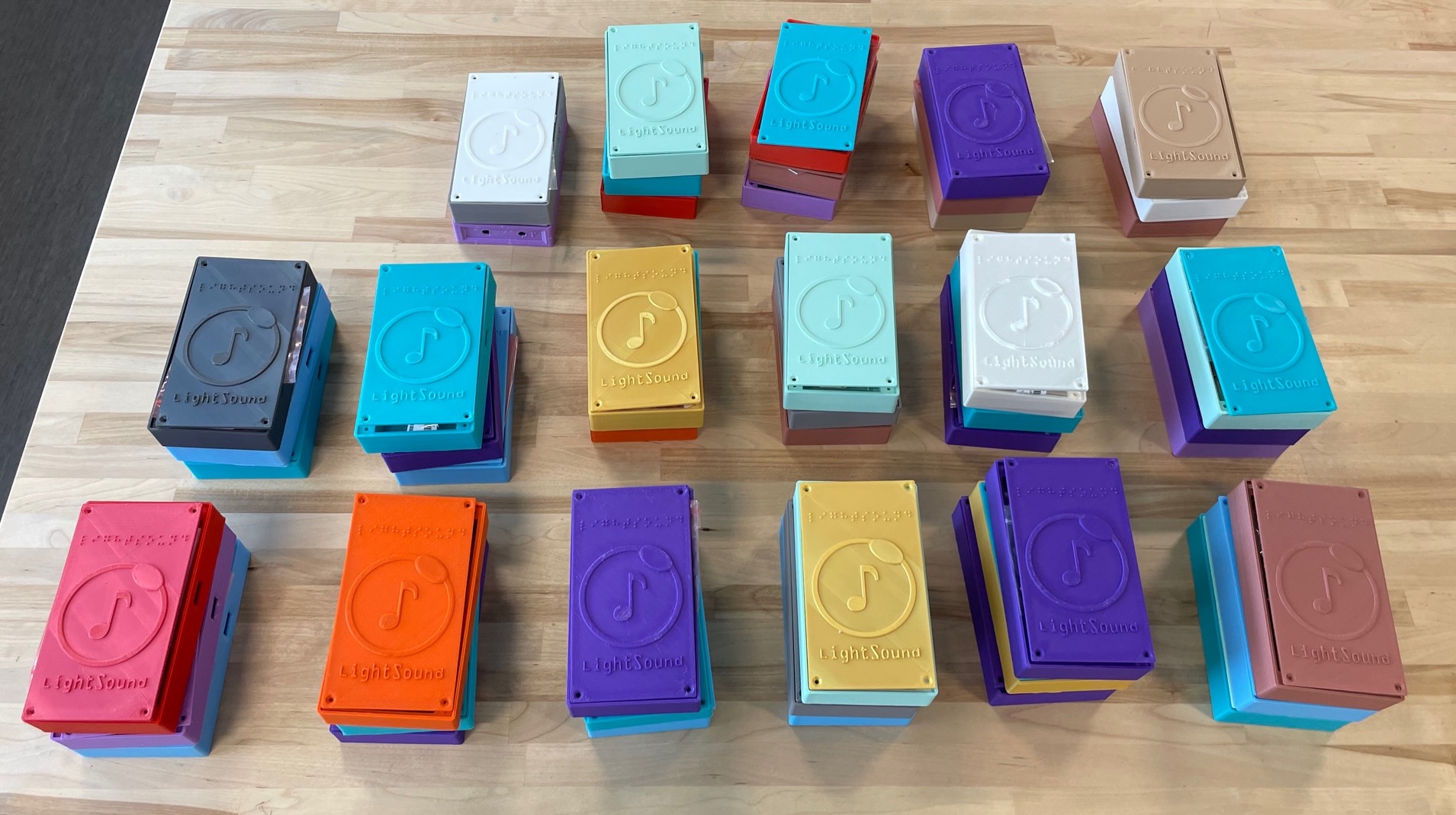Blind and low-vision people across North America will be able to experience the upcoming total solar eclipse, thanks to a handheld device that translates light into sound.
The LightSound Box is a tool designed specifically to help people in the visually impaired community experience the eclipse.
“We’ve talked to some blind or low-vision individuals who said in 2017, they felt excluded or they couldn’t participate in the eclipse in a meaningful way to them,” Harvard astronomer Allyson Bieryla said. “They’re really excited to be able to have these devices to use them for the eclipse to experience it in a way that is meaningful to them.”
Bieryla said there’s a light sensor in the device that records the light and brightness. There is also a synthesizer that uses the brightness data recorded to play a corresponding sound.
The device has an audio jack that can be used with headphones or connected to a speaker.
They’ve mapped out a wide range of brightness with different instruments to be able to present the wide range of sunlight that occurs during the eclipse. Bright light is a flute. Mid-range light is a clarinet. Low light is a clicking sound.
“That clicking even slows down and almost goes away in totality,” Bieryla said. “The idea is to not take away from the experience of totality too. During totality, there’s a lot going on. People are gonna react. Animals, insects react. There’s a lot that’s happening so we didn’t want to take away from that either.”
The project was conceived in 2017 ahead of that year’s solar eclipse by Wanda Díaz-Merced and Bieryla. Díaz-Merced, who is blind, and Bieryla first discussed ways to make labs accessible to students.
Then the conversation turned to that year’s solar eclipse. Bieryla said the conversation sparked the idea to create a “low-cost, easy-to build” device that could convert light to sound.
[…]
Three locations in the Houston area have been sent a LightSound Box for next month’s eclipse, according to the LightSound Box website, including Space Center Houston and Conroe ISD.
As I said, very cool. You should go to the LightSound Box website to learn more. The bad news is that the weather forecast for Monday isn’t looking good for eclipse-watchers right now. Maybe that will change for the better. I’m planning to see it as best I can regardless. Be that as it may, kudos to the Harvard team for coming up with the LightSound Box. Axios has more.

